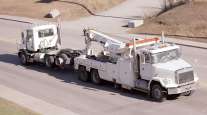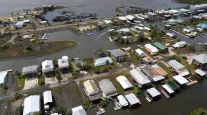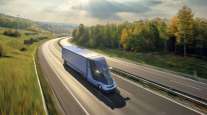Orlando Says It’s Open for Business as Automated Technology Hub
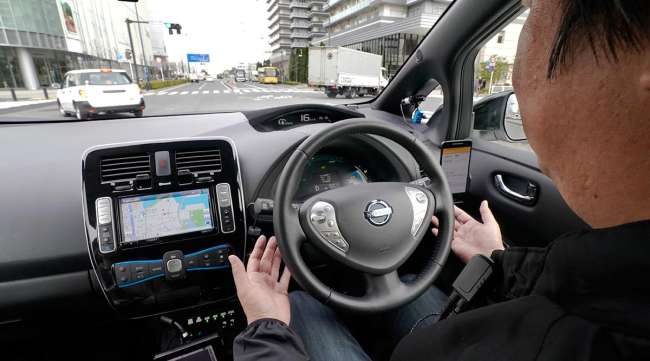
[Stay on top of transportation news: Get TTNews in your inbox.]
The Automated Vehicles Symposium conference is attracting some of the heaviest hitters in autonomous vehicles and could be the first step in making Central Florida a hub for the fast-emerging driverless car industry.
The four-day event, which ends July 18, gives area leaders a chance to mingle with representatives from companies such as Uber, Nissan and Toyota.
It also gave them a chance to pitch the region — and recent legislation that makes it friendly to autonomous vehicles — to the industry in an effort to lure businesses here.
“The great thing is that Florida has been at the forefront of this,” SunTrax program manager Paul Satchfield said, noting that Gov. Ron DeSantis signed a bill in June that could open the door to autonomous vehicles on Florida roads sooner. “They know they can come here and test and go on the roads once they have tested. Not all states have that forward-looking vision.”
SunTrax is a 400-acre autonomous vehicle testing facility located in Auburndale.
The site recently completed its 2.25-mile oval track, which will provide a location for driverless vehicle testing. That oval encircles a 200-acre infield, which is expected to be complete and operational by the end of 2021.
It is one of several companies the region has been touting during the conference this week.
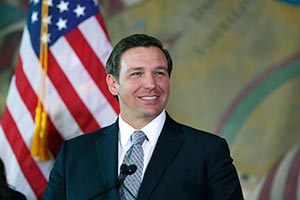
Florida Governor Ron DeSantis signed a bill June 13 allowing for self-driving cars to operate without a human on board. (Wilfredo Lee/Associated Press)
Luminar Technologies, which has more than half of its 350 employees based in a 112,000-square-foot facility in Orlando, hosted reporters in a ride-along on a car equipped with laser-based sensors that the company hopes leads the way in next-generation driverless car technology.
The car came equipped with eight electrical “eyes,” or sensors, that gather data from its surroundings to inform on-board motors of the environment it is navigating.
As a driver piloted the car, a screen showing real-time data collection could be seen relaying in bright colors outlines of vehicles, road signs, trees and other obstacles.
Luminar Chief Business Officer Scott Faris said the process sits at the center of the company, which emerged from a stealth mode in 2017 to help spur interest locally in the autonomous vehicle industry.
He said Central Florida has proved to be an advantageous location for the industry because visitors tend to be open to new technology.
“This is about building consumer confidence,” Faris said. “One thing is that every one of those tourists are here because they want to have an experience. We want to leverage that phenomenal asset.”
That’s another reason local leaders have plans to keep pushing the region.
“Some of these people have no idea what Orlando has to offer and what we have already done here,” Orlando Mayor Buddy Dyer said. “It’s being able to showcase our community. We don’t want to miss any of these opportunities.”
Autonomous cars largely are in the research phase right now, although some have popped up in specific areas.
Las Vegas’ CES, the world’s largest electronics and technology event, in 2018 saw the debut of a self-driving car fleet deployed by ride-sharing company Lyft.
Ford, meanwhile, has tested self-driving cars in Miami, Pittsburgh, Dearborn, Mich., and Washington.
Distributed by Tribune Content Agency, LLC


